What’s Kept the Society Against Quackery Going for 137 Years
“We are trying hard to undermine this undeserved trust of quacks.”
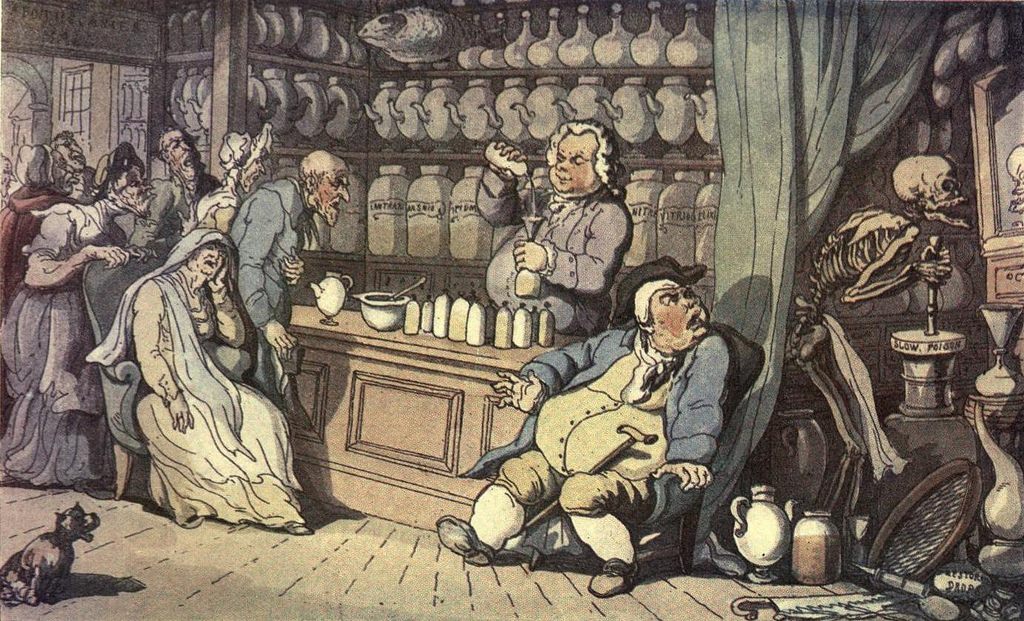
Fakes. Cheats. Snake oil salesmen. Quacks. From time immemorial, people have been trying to sell poorly researched or just plain made-up remedies and medicines. Luckily, organizations like Vereniging tegen de Kwakzalverij (VtdK), translated as The Society Against Quackery, possibly the world’s oldest skeptic society, have been exposing hucksters and helping to defend their marks since 1881.
“Quackery is the practicing of treatments and/or diagnostic methods of which the value has not been scientifically proven,” says Dr. Cees Renckens, former president of the VtdK, serving as head of the organization for 23 years. “This is usually accompanied by loudly praising its results.” While the rise of modern medicine standards and protections has eliminated some of the more blatant flim-flam that was once passed off as medical science, Renckens says that quackery is still as much of a problem as it’s ever been, and is in some ways worse. “[Today’s] quacks hide behind appeasing terms such as alternative medicine, additive medicine, holistic medicine, complementary medicine, naturopathy, integrative medicine,” he says.
The VtdK formed around the same time that modern medicine began to be professionalized in the late 1800s. According to a history on the Society’s website, the Dutch Society for the Advancement of Medicine, which was founded in 1849, was having trouble policing the unlicensed and unqualified medical practitioners of the day. In an effort to raise awareness of the growing number of quacks operating in the Netherlands, they published a pamphlet in 1878 detailing how to identify a quack, and what to do about them. From this initial bit of literature, the Society Against Quackery was born.

In the beginning, the group was mainly focused on rooting out fraudulent doctors and suspicious medicines (nostrums). Members of the association, mostly doctors and other educated men, would chemically test suspect cures and remedies, and if they were found to be placebos or otherwise ineffective, the Society would publish their findings in their journal, Nederlands Tijdschrift tegen de Kwakzalverij (Dutch Magazine Against Quackery). They developed a reputation for fearlessly calling out spurious practitioners just as vehemently as their bogus cures, using hard science to disprove and discredit their claims. According to Renckens, the first president of the VtdK, G.W. Bruinsma, once said, “It is useless to curse the cards and not mention the names of the cheat players.”
The Society continued to publish their magazine into the 20th century, but as laws around medicine became stricter and more robust, their focus shifted toward the world of the paranormal around the 1960s. “In the 1960s about 1 percent of the adult citizens in the Netherlands consulted a quack (mainly paranormal healers, manual therapists and phytotherapists), among which there were hardly any doctors,” writes Renckens in an email. It was during this time that belief in psychic abilities, mesmerism, crystal healing, and the like began to enter the cultural consciousness, and the VtdK was there to try and protect people from getting scammed by shining a light on self-proclaimed alternative healers and their unprovable methods.
From the 1980s on, the VtdK has shifted most of its focus back to the alternative quackery that they see as infecting attitudes toward modern medicine. In the early 1990s, they fiercely lobbied against homeopathic remedies, and in 2000 they released their list of the 20 greatest quacks of the 20th century. Included on the list were individuals whom the VtdK had tangled with over the years, including A.J. Houtsmuller, who claimed he could cure cancer with a diet, and the Dutch spiritual guru Jomanda, who claimed she could bless water and give it healing properties.
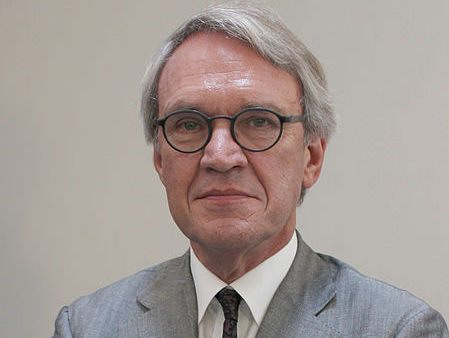
The VtdK may have been in the skeptic business for over a century, but it isn’t exactly getting any easier. “In the olden days we enjoyed the support of the recognized medical societies, which is unfortunately no longer the case,” says Renckens. “Nowadays they frequently maintain a more friendly attitude towards colleagues practicing what they call CAM (complementary and alternative medicine), which in our view is a sCAM.” Renckens says that as of 2015, some 35 percent of Dutch citizens believe in some form of alternative medicine, some of which are even covered under medical insurance. The VtdK finds this unacceptable. “We are trying hard to undermine this undeserved trust of quacks,” he says.
The Society is regularly sued for defamation and libel by the people they have labeled as quacks. But according to Renckens, they’ve won all but one case, and ended up with more members and support as a result of the exposure.
Today the VtdK has a membership of around 1,700, around half of which Rencken says are involved in the medical profession, although most of the work is done by the core group of about 16 chairpeople. The Dutch Magazine Against Quackery is still published four times a year, and they’ve also introduced a tongue-in-cheek annual award, the Meester Kackadoris Prize, which they bestow on people who support quackery. “[It] is awarded not to quacks, but to persons or organizations that support quackery, who seem to be reasonable and correctable, like broadcasters, journalists, politicians, leaders of medical colleges, insurance companies, etc.”
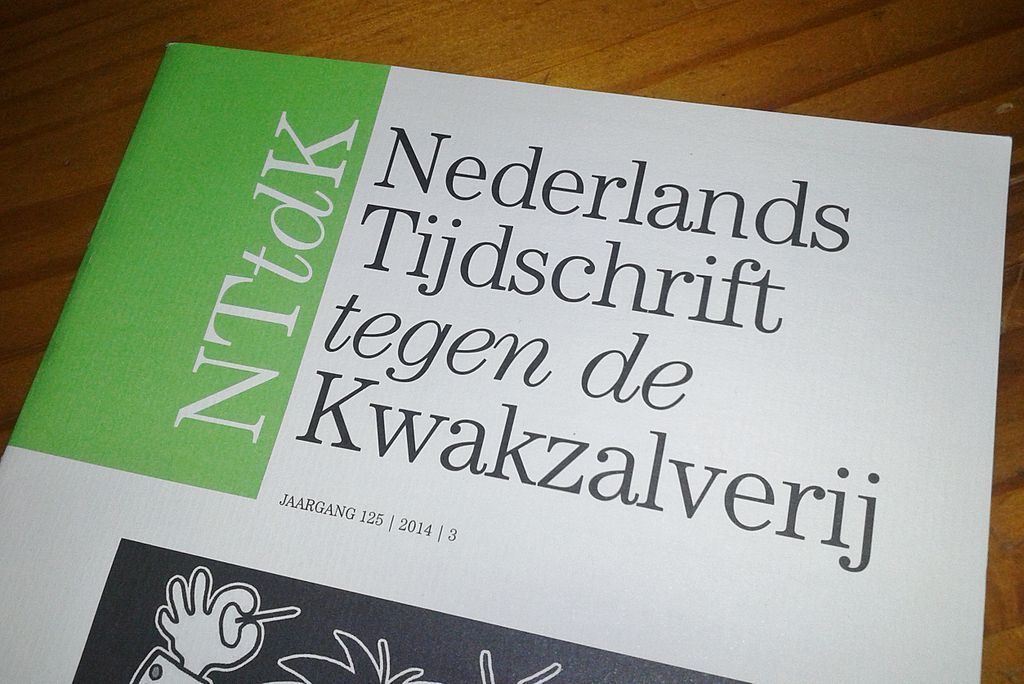
And it’s not just about raising awareness of quacks. The VtdK is still involved in more hands-on cases. “We are frequently called by victims of quackery or by people who are considering to consult an alternative practitioner but have their doubts,” says Renckens.
The VtdK only look at quackery in their native Netherlands, but spurious alternative medicines and their peddlers can be found all over the globe, so Renckens suggests a common sense approach to protecting yourself from shady remedies. “If you think you need medical treatment, then only consult practitioners with good training, registered medical diplomas, and who stick to regular medical practice,” he says. “Avoid in all cases quacks without diplomas or registration, and the same applies to MDs who have deviated from the right track and have forgotten how medical science distinguishes good medicine from quackery.”
Correction: Previously Dr. Renckens was listed as the current president of the VtdK, this has been corrected to reflect his leaving.






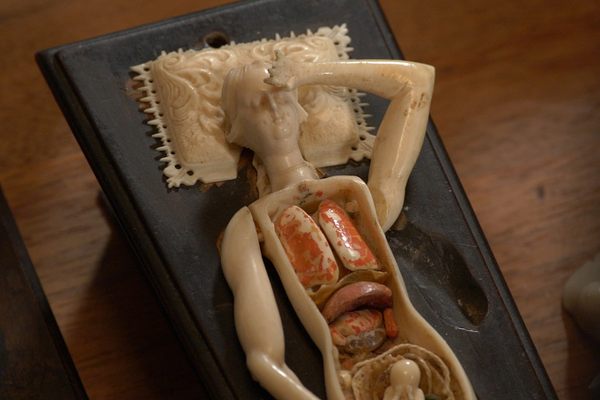



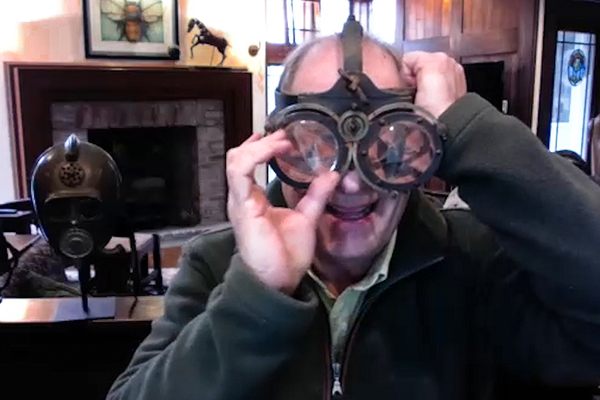
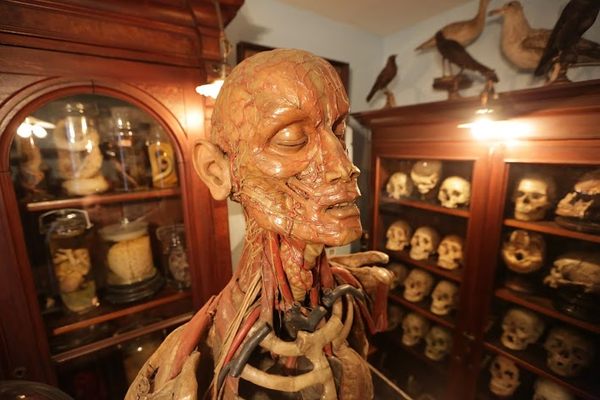


Follow us on Twitter to get the latest on the world's hidden wonders.
Like us on Facebook to get the latest on the world's hidden wonders.
Follow us on Twitter Like us on Facebook